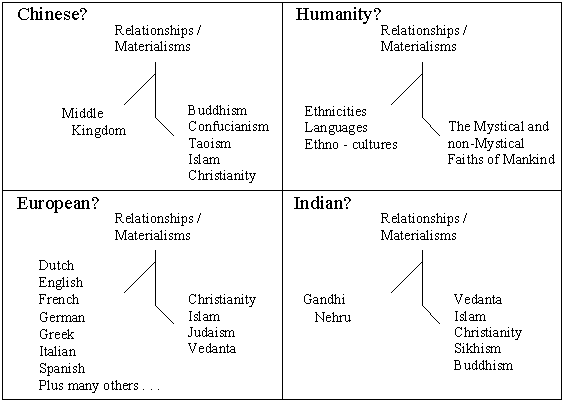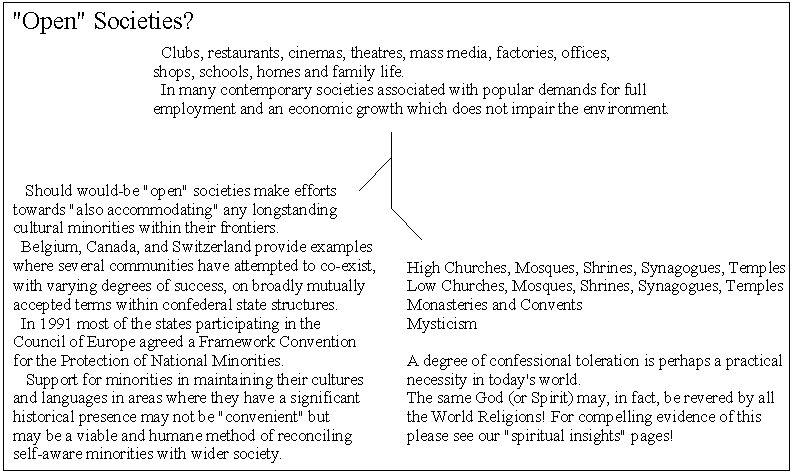![[Maximilien Robespierre, Maximilian Robespierre,]](biography.gif)
French Revolution, Committee of Public Safety
Maximilien Robespierre, Maximilian Robespierre, reign of terror![[Maximilien Robespierre, Maximilian Robespierre,]](biography.gif) French Revolution, Committee of Public Safety |
| Home > History & Historians > Historical Biography > Maximilien Robespierre |
|
|
Maximilien Robespierre (Maximilien François Marie
Isidore de Robespierre) was born on May 6th, 1758, in Arras where
his father was based as an advocate. Robespierre and his three
younger siblings were brought up by diverse relatives after their
father dramatically lost his way in life after the death of his
wife in childbirth in 1767. Robespierre was educated for a short
time at a College in Arras and then in Paris initially at the
very prestigious College of Louis-le-Grand and later at the
College of Law. "You have not to pass sentence for or against a single man, but you have to take a resolution on a question of the public safety, and to decide a question of national foresight. It is with regret that I pronounce a fatal truth: Louis ought to perish rather than a hundred thousand virtuous citizens; Louis must die that the country may live." Citizen Louis Capet (formerly known as King Louis XVI) was subsequently sent to the guillotine on 21st January 1793. Girondin led France had little success in conflicts with foreign adversaries. There was an open "royalist" revolt against the central authority in the Vendée and there were demands for greater 'federalist' autonomy expressed by interests in southern regions of France. Over the last days of May and first days of June 1793, Robespierre, supported by the Commune of Paris, forced the expulsion of the Girondists from the National Convention. On July 27th he was elected a member of the chief executive body, the Committee of Public Safety. Although Robespierre was from one point of view only one of twelve members of the committee he was the only one who, through the full support he enjoyed from the Jacobin Clubs and the Commune of Paris, represented a close link to the more radical supporters of the Revolution. France was in turmoil, and with the aim of restoring order and reducing the danger of invasion from abroad, Robespierre, backed by the committee, proceeded to ruthlessly eliminate all whom he considered to be enemies of the Revolution, both extremists and moderates. This policy led to the so-called Reign of Terror and to the execution of the revolutionary leaders Jacques René Hébert (March 24th 1794) and Georges Jacques Danton (April 6th 1794). Both Hébert and Danton were politicians whose preferred policies were inconsistent with the pure Rousseauism that was Robespierre's guiding principle. The Hébertists had been suspected of preparing for a coup d'état and this may have contributed to the harshness with which they were treated. Danton was one of several prominent persons who were suspected of financial corruption thus polluting the virtue of the Revolution. Whilst the aims of the Terror were perhaps laudable from Robespierre's revolutionary perspective the means adopted towards those ends were terrible indeed. On May 7th, at Robespierre's insistence, the National Convention proclaimed as an official religion the Cult of the Supreme Being, which was based on Rousseau's theory of Deism. This decree antagonized both Roman Catholics and atheists, but Robespierre still had the powerful backing of the Commune of Paris. A Grand Fête in honour of the Supreme Being was celebrated on 8th June 1794 where Robespierre, who had been elected as the President of the Convention four days previously, played a major role. Whatever appearance of justice the revolutionary tribunals that had been set up to investigate people's political loyalties may have had prior to these times a law of June 10th 1794 established a situation where witnesses could no longer be called for the defence and where such tribunals effectively became committees of condemnation. Between June 12th and July 28th almost 1300 people were sent to the Guillotine (an average of 28 beheadings a day). This intensification of the Reign of Terror, caused many influential members of the Convention and of the Jacobin Club to fear for their own safety. In recent months French military fortunes had been transformed largely as a result of a mass levy of all unmarried men between the ages of 18 and 25 that had been authorised by the Convention on 23rd August 1793. A series of significant French military victories that were reported from diverse battlefields made the extreme security measures that had been followed seem less imperative, and a conspiracy was formed for the overthrow of Robespierre. On July 27th 1794 Robespierre was accused of tyranny, barred from speaking at the National Convention, and was placed under arrest as were several key supporters. Although these captives were promptly rescued by soldiers loyal to the Commune of Paris and brought to the Hotêl de Ville the Convention ordered the National Guard to move to recapture Robespierre who subsequently received a gunshot wound to the lower jaw during his recapture. On July 28th Robespierre together with his closest associates Louis Saint-Just and Georges Couthon and nineteen other supporters died on the guillotine. Eighty more followers of Robespierre were executed the next day. Thus perished a man who had been a successful, popular, and cultured provincial lawyer but who gained power in turbulent times and was able to pursue certain unproven social theories with a singleness of mind that could tolerate grievious human suffering if it was perceived as 'necessary' to the realisation and defence of a theoretically ideal society. With the demise of Robespierre the truly Revolutionary phase of the Revolution in France more or less came to an end. Power shifted away from the radicals and towards the conservatives. The Jacobin Clubs were closed down in November and freedom of worship was restored in February 1795. |

"...man is a bundle of relations, a knot of roots, whose
flower and fruitage is the world..." Ralph Waldo Emerson

|
Return to start of
Maximilien Robespierre biography
Reign of Terror - French revolution